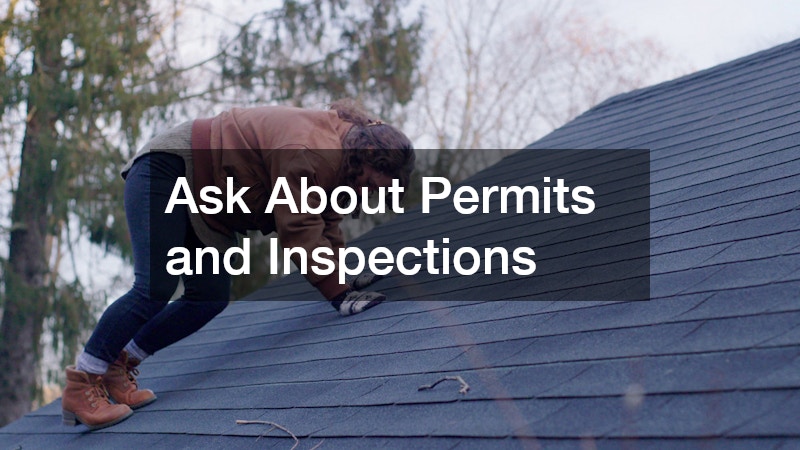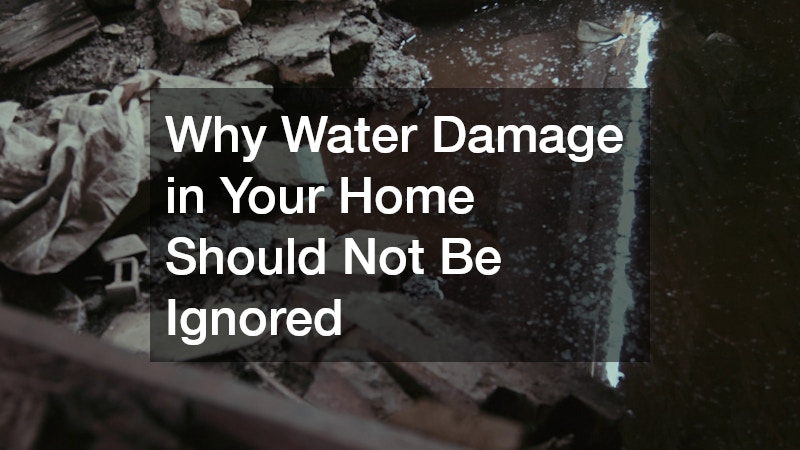
Your roof is one of the most important components of your home, protecting it from the elements and contributing to its overall energy efficiency. When it comes time for repairs, replacement, or new installation, hiring the right roofing company is essential to ensure the job is done correctly and efficiently. Asking the right questions can help you choose a contractor that meets your needs and delivers quality work.
Here are some key questions to ask when hiring a roofing company.
1. Are You Licensed, Bonded, and Insured?
The first question to ask any roofing company is whether they are licensed, bonded, and insured.
Licensed: A licensed contractor is one who has met the required legal and professional standards in your state or municipality. Licensing typically indicates that the contractor has received adequate training and understands local building codes.
Bonded: Bonding protects you financially in case the contractor fails to fulfill the terms of the contract or does poor-quality work.
Insured: Insurance protects you from liability if any accidents or damages occur on your property during the roofing project. It should include both general liability insurance and workers’ compensation for the crew.
Always ask for proof of these credentials, and verify them with the issuing authority to ensure they are valid.
2. How Much Experience Do You Have?
Experience matters when it comes to roofing. A company with years of experience will be better equipped to handle various roofing materials and issues that may arise during installation or repairs. Ask how long the company has been in business and whether they have experience with the specific type of roof you have (e.g., asphalt, metal, tile, etc.).
It’s also helpful to ask if they have experience with the specific scope of your project—whether it’s a minor repair, a full replacement, or a new installation. More experienced contractors will likely have a better understanding of your roof’s unique needs and can anticipate potential challenges.
3. Can You Provide References and Reviews?
A reputable roofing company should be able to provide you with references from recent customers. Speak to these clients about their experience with the company, focusing on:
The quality of the workmanship
Timeliness and communication
How the company handled any unexpected issues or delays
In addition to speaking with references, check online reviews on trusted platforms like Google, Yelp, and the Better Business Bureau (BBB). Look for companies with a history of positive feedback and a strong reputation for professionalism and reliability.
4. What Is the Estimated Timeline for Completion?
Knowing how long the roofing project will take is important for planning and scheduling. Ask for an estimated start date and completion timeline. A reputable contractor should be able to give you a clear and realistic timeframe based on the scope of the project and weather conditions.
It’s also essential to discuss how the company will handle any unexpected delays, such as bad weather or supply chain issues. Clear communication about scheduling is key to ensuring the project goes smoothly.
5. Will You Provide a Written Estimate?
Always ask for a written estimate before any work begins. A written estimate should clearly outline:
The total cost of materials and labor
The type and brand of materials being used
Any additional fees or charges
A payment schedule (e.g., deposit requirements, final payment, etc.)
Having this information in writing helps avoid misunderstandings or disputes later on. It also gives you something to refer to if there are any discrepancies during the project.
6. What Type of Warranty Do You Offer?
A good roofing company should offer a warranty that covers both the materials and the workmanship.
Material warranty: This guarantees the manufacturer’s protection for the roofing materials themselves.
Workmanship warranty: This covers the quality of the installation and ensures the company will fix any issues related to their work.
Find out the specifics of the warranty, such as its length, coverage, and conditions. A warranty helps protect your investment and provides peace of mind knowing the company stands behind their work.
7. How Will You Protect My Property During the Project?
Roofing work can be messy and potentially damaging to your property if not properly managed. Ask how the roofing company plans to protect your home and yard during the installation. This might include:
Using tarps to protect landscaping
Setting up safety barriers or fences
Using magnetic sweepers to collect nails and debris from your yard
A professional company will take steps to ensure your property is protected from potential damage and maintain a clean worksite.
8. What Are the Payment Terms?
Before you agree to any work, clarify the payment terms. Be wary of contractors who ask for full payment upfront. A common practice is to pay a deposit at the start of the project (typically 10–30% of the total cost) and then pay the remainder upon completion or after certain milestones are reached.
Get the payment schedule in writing, and ensure that the full scope of work is included in the agreement.
9. Do You Handle Permits and Inspections?
Depending on your location and the scope of the project, permits and inspections may be required by local building authorities. Ask if the roofing company will handle these logistics, as a reputable contractor should be familiar with local regulations and obtain the necessary approvals.
Skipping this step can lead to fines or complications when selling your home. Make sure the company will ensure the project complies with local codes and regulations.
10. How Do You Handle Cleanup?
Roofing projects can create a lot of debris, including shingles, nails, and other materials. Ask how the contractor plans to clean up after the job. A professional roofing company should ensure that the site is thoroughly cleaned, and no debris is left behind.
In addition, they should use a magnetic sweeper to pick up stray nails and metal objects that could damage your lawn or cause safety hazards.
Hiring a roofing company requires careful consideration and research. Asking these key questions—about licensing, experience, references, estimates, warranties, and payment terms—helps ensure you select a trustworthy, reliable contractor who will complete the job correctly and efficiently.





